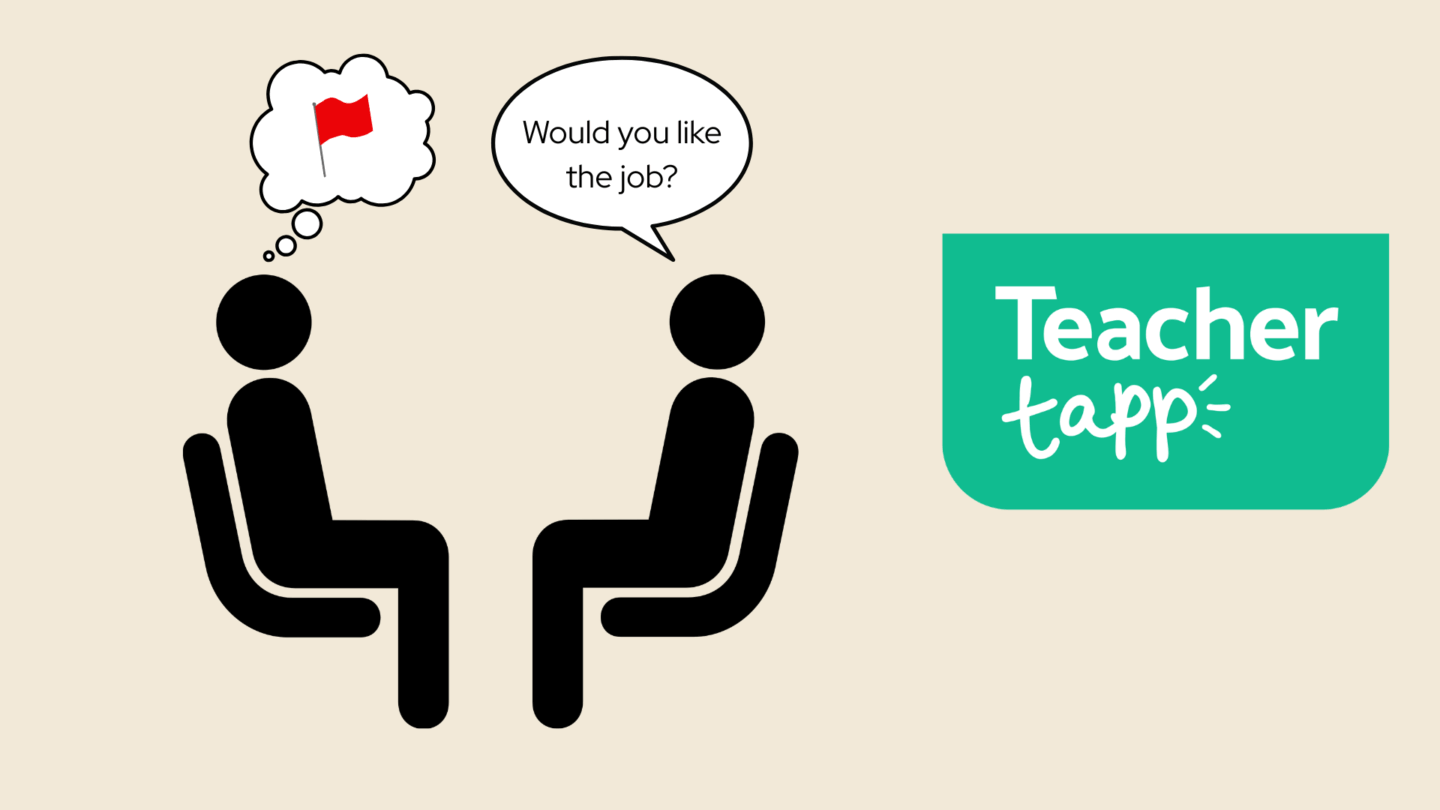So, term is only a few weeks in, eh? 🤪 Let’s get into this week’s findings before we fall asleep from exhaustion already!
Jump to section:
1. Should performance pay?
We last asked about performance-related pay in the heady pre-pandemic days of 2018. Despite the entire world changing around since then, this is one area where things are much the same. Back then, around 20% of teachers were in favour of it. Now? Also 20%. It appears performance-related pay has a static minority of supporters.
Headteachers were more likely to favour performance-related pay than classroom teachers. Indeed, twice as many heads (32%) were in favour compared to classroom teachers (15%).

What makes someone in favour of performance-related pay, though? Could it relate to your ability to convince someone to give you a pay rise?
To check, last Wednesday we asked three questions from a validated ‘charisma’ scale. Charisma is defined as a compelling charm that you can use to inspire others to follow your lead. And those of you who agreed more strongly with questions asking about your charisma traits, were also more likely to be in favour of performance-related pay!
Looking at those who strongly believe they have a presence in a room, 28% were in favour of performance-related pay packet, compared to just 12% who don’t believe they have a presence. The other trait questions showed a similar pattern. Is PRP really a game of charm rather than effective performance?!

2. All change at the top
No sooner had students taken their seats for the new term than Gavin Williamson has left his seat as Education Secretary. In his time, Gav made his fair share of gaffes, from forgetting his A-Level results to confusing Marcus Rashford and Maro Itoje 🤦♂️.
Still, we are people of facts and data – and not ideological prejudices against education secretaries who try to sue schools – so what does the data suggest about Gav’s tenure?
Back in 2018, when Greening left office 48% of people said they were sad to see her go. For Damian Hinds it was 17%. For Gav…? 🔥🔥🔥

What does the future hold for the education secretary though? At the start of Gavin’s tenure in 2019, his state-school credentials made 50% of teachers more optimistic about his tenure. In fairness to Gavin, I don’t think he was taught pandemic studies (perhaps they will in the future!).
Unfortunately, with trust now an all-time low in the government, just 12% of you were optimistic about Nadhim’s upcoming tenure. Ah well. Aleast he’s starting from a low bar. It can only go up from here, right?

3. Does Ofsted give you shivers or make you jump for joy?
Does Ofsted send shivers down your spine? Not some of you! 13% of teachers would consider becoming an Ofsted inspector and a further 16% would consider it, if they could do alongside their school role.
Male teachers were more likely to consider becoming an inspector than female teachers. 43% of male teachers would consider it, compared to just 25% of female teachers.

It may come as no surprise then, that the more positive view you have of Ofsted, the more likely you are to consider becoming an inspector. If you would consider becoming an inspector, then you’re also more likely to agree about Ofsted’s reliability.
We also learned that a majority of teachers support Ofsted moving towards a pass/fail system for grading. Over the past few years, this percentage has fluctuated between 50% and 60%. Interestingly, Outstanding schools were marginally more in favour of changing to the pass/fail grade than those classed as RI/inadequate.

4. No toilet humour here!
Many of you thought we’d gone potty when we first asked about gender-neutral toilets in 2018. Back then, few people were talking about gender-neutral toilets, yet 22% of teachers said their school had them. The inclusivity drive of the past few years has seen this percentage increase nearly two-fold to 39%.

Two regions in particular are streets ahead of the others. 50% of teachers in the East of England and the South West said their school has gender-neutral toilets, far more than the other regions! (London is the furthest behind)

Do you lock your toilets during lesson time? Among primary schools, locking toilets is not a common practice. 99% of primary teachers said they do not lock their toilets during lesson time. However, this isn’t quite true among secondary schools. Secondary schools with a higher proportion of FSM students were four times more likely to lock their toilets during lesson time compared to schools with the lowest proportion.

Nearly 90% of teachers agreed that their pupils’ toilets are in good working order. Spare a thought, though, for the 12% who disagreed!

Finally… we know you love the daily read, so here are the ones from last week
The most read tip this week was: Do you really need ‘another’ assembly to chip away at homophobia among young people?
And here are the rest for your reference:





